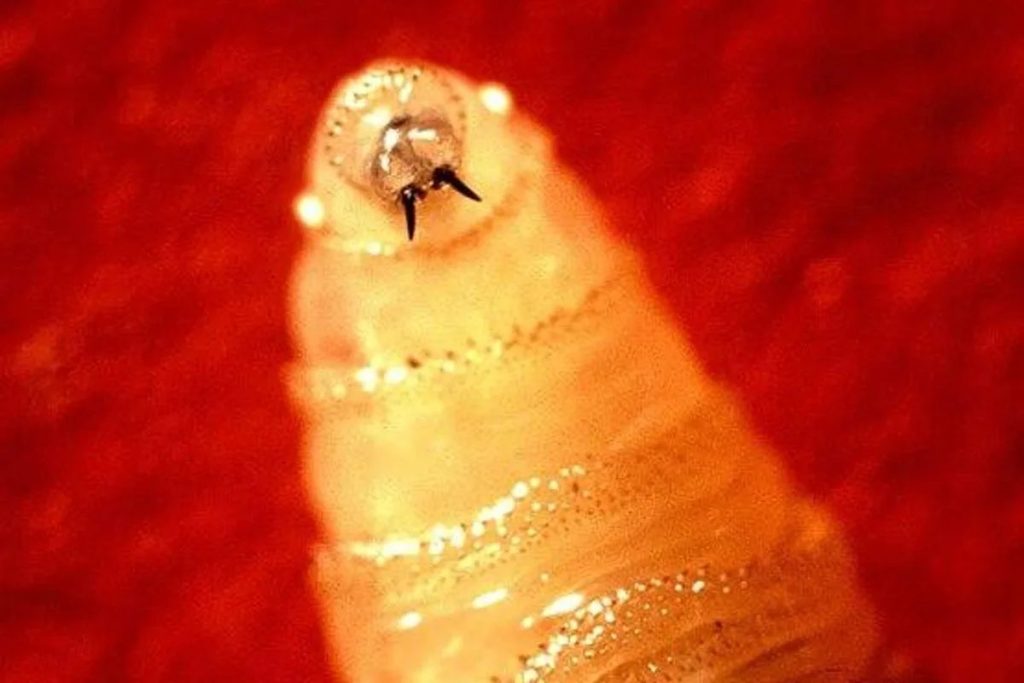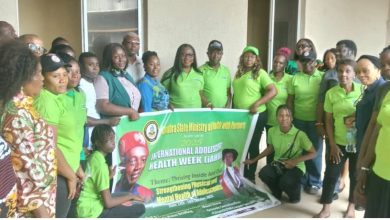Rare Flesh-Eating Parasite Found in U.S. Human for First Time
Health officials in Maryland have confirmed the first U.S. human case of a deadly flesh-eating parasite, the New World screwworm.
The patient recently traveled to El Salvador, though officials say public risk remains very low.
Health officials have confirmed the first known case of a deadly flesh-eating parasite in a human in the United States. The infection, caused by the New World screwworm, was detected in a patient who had recently traveled to El Salvador, according to the Maryland Department of Health and the U.S. Centers for Disease Control and Prevention (CDC).


A spokesperson for the U.S. Department of Health and Human Services, Andrew G. Nixon, said the overall risk to the American public remains extremely low.
Although human cases are rare, the screwworm fly poses a far greater danger to livestock and wildlife. The insects lay eggs in open wounds of warm-blooded animals, and once the larvae hatch, they feed aggressively on living flesh, burrowing deeper into tissue. Without treatment, infestations can prove fatal.
Treatment involves carefully extracting the larvae from wounds and disinfecting the affected area. The parasite derives its name from its ability to twist itself further into flesh when disturbed, making removal especially challenging.
The discovery has alarmed cattle producers, as even a small outbreak could bring major economic consequences. The U.S. Department of Agriculture estimates that an infestation in Texas alone could inflict losses of up to $1.8 billion.
To mitigate the threat, Agriculture Secretary Brooke Rollins announced plans for a new sterile fly facility in Texas. The strategy involves releasing sterilized male screwworm flies into the environment to disrupt breeding, a method that was instrumental in eradicating the parasite from the U.S. more than sixty years ago.
So far, no animal infections have been reported in the country this year. However, scientists caution that climate change may enable the parasite to spread further north from its strongholds in South and Central America.



